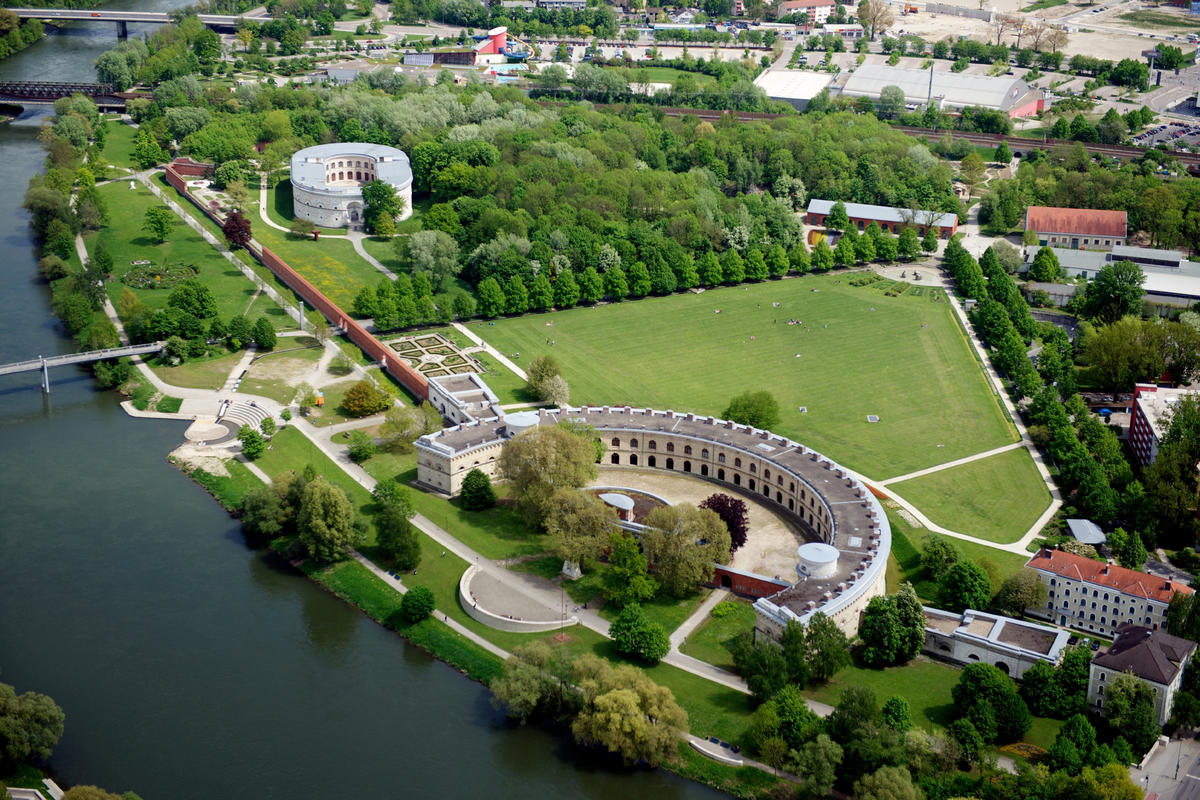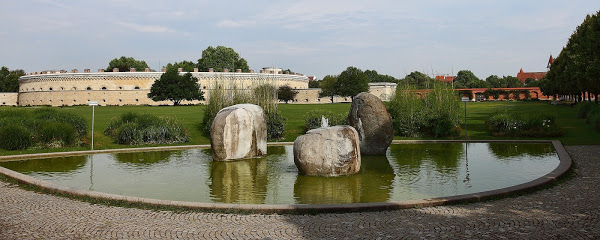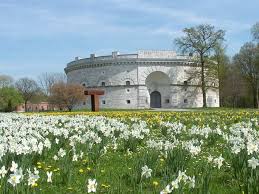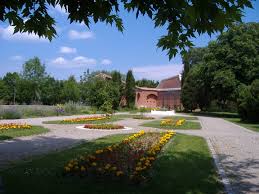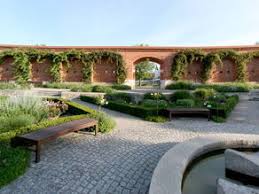With Klenzepark, Landesgartenschau 1992, the city offers its residents and visitors a public garden that is conservatively preserved on the southern bank of the Danube River. The park is an important brick in the Green Ring Road around Ingolstadt, which was built as part of the 19th century rural fortress and is now commonly referred to as the Castle of Glass.
Before 1990, today's garden area was comfortable or used as an industrial and storage area. The remaining open spaces and historical fortifications were launched on the southern bank of the Danube River opposite the Old Town and restored in Landesgartenschau in the Green Ring Road.
The design of Landesgartenschau 1992 comes from Florian Brand, the architect and Peter Leitzmann, landscape architect. The former fortress area on the Danube was opened under the slogan "Ingolstadt-Land-Fluss". The newly built pedestrian zone allows direct access from the south to the old town.
The Reduit Tilly and the Triva Tower are built in the circular system and are jointly designed by the Leo von Klenze buildings of the rural castle. The buildings are now used as museum and exhibition spaces. In addition, fortifications and other walls have been preserved.
Partially designed areas invite you to hike and lengthen:
The north of the Danube was wide, fully pedestrianized.
The park and the old town are ideally connected across a pedestrian bridge also dedicated to pedestrians and cyclists.
In the area of bank theater festivals, concerts and outdoor performances are held on the banks of the Danube River.
The Rainbow Adventure playground, which gives the impression of being stranded by a ship on the shores of an unknown island, is an attraction for young and young visitors.
The historic Klenezbauten front calls the Big Tilly Meadow for solar baths and picnics. An artificial waterway, flowing into the Danube in waterfalls in Uferbühne, surrounded by a meadow.
The rose garden inside the old brick walls is not only a feast for the eyes, but a characteristic of all senses.
In the area of the old walls, there are valuable vital areas for rare plant and animal species.
More than 100,000 hotel users visit the 20-hectare Klenzepark every summer, half of them in the true sense of the word. The term "Klenze gehen" evolved into a specific term, especially among the younger segments of the population. 75 percent of visitors to the park come from Ingolstadt and surrounding areas. The rest of the area is looking for the park from the distant watershed area.

